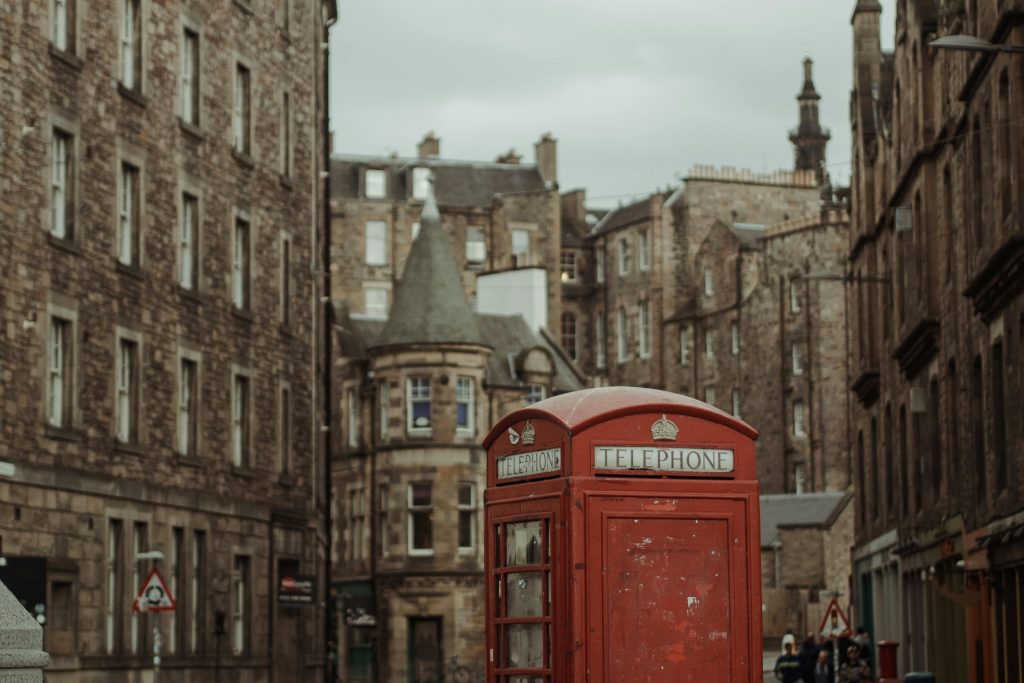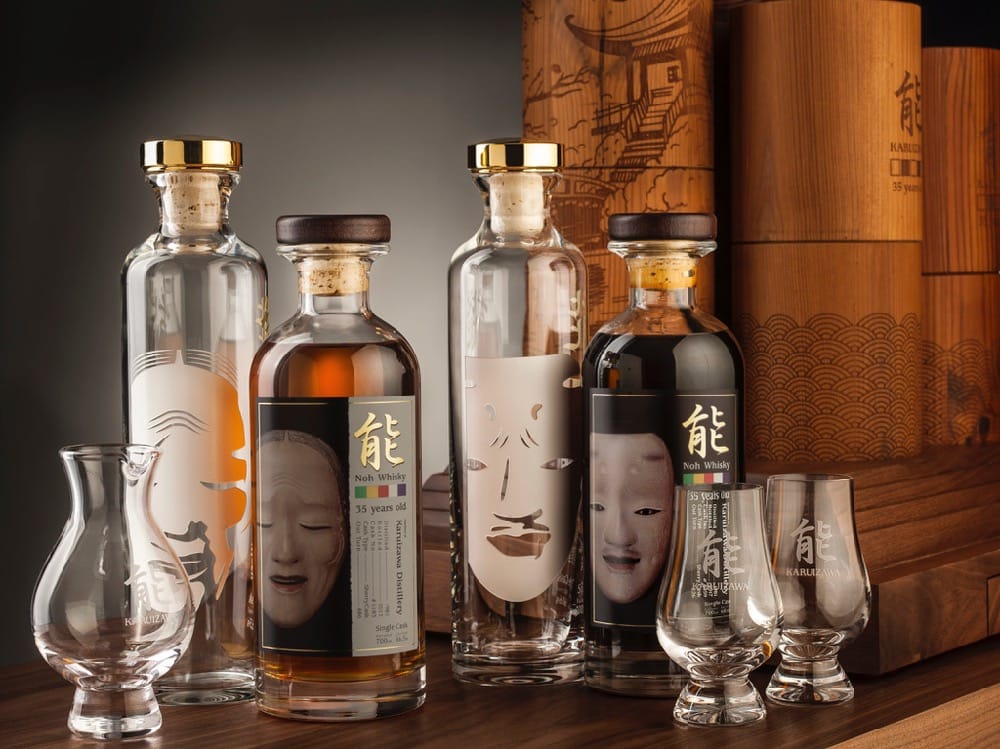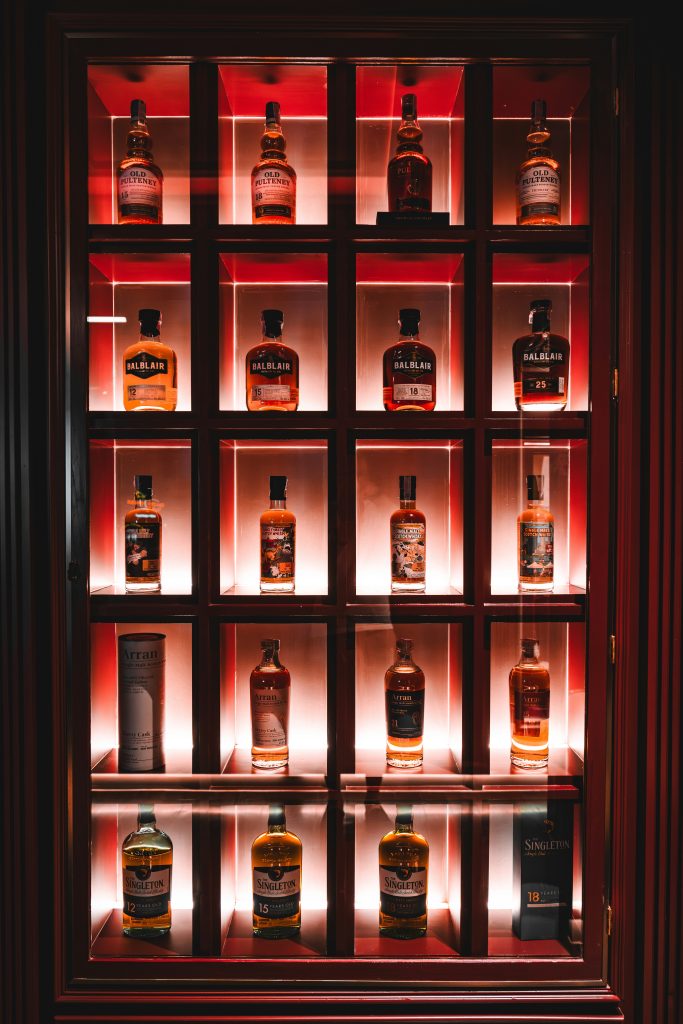If you’ve ever wondered why some people guard whisky bottles so jealously—never even opening them—you’re in the right place.
Today, I’m going to let you in on a secret: collecting whisky isn’t just for the experts. It’s a passion you can turn into an investment, or simply a way to enjoy something truly unique.
And yes, I know it might seem overwhelming at first. With so many bottles, distilleries, ages, and prices, how do you know which will be a smart investment and which will just end up as a decorative piece on your bar? Don’t worry, because today we’re going to unveil all those secrets…
So get ready to discover a world full of flavour, history, and, if you play your cards right, unexpected profits.
Whisky is also an investment

Did you know that Scotch whisky accounts for around 21% of the UK’s food and drink exports? That’s huge. Whisky, especially Scotch, has evolved from being just a drink to becoming a luxury asset that many collectors and investors are eyeing up.
You’ve probably noticed that whisky is increasingly becoming a status symbol. But why? Well, the first thing you need to know is that some bottles—especially limited editions or very, very old whiskies—are in a league of their own. They’re aspirational. With their super posh luxury packaging and ever more limited releases, these bottles are like liquid works of art. And like fine art, they increase in value over time.
Now, while many bottles can be worth a fortune, don’t be fooled—because not everything that glitters is gold. This is where your “due diligence” comes into play—that is, doing thorough research before diving in with the hope of getting rich quickly. Let me tell you more and guide you through the process.
What makes a bottle valuable?
Here’s where the fun begins! There are several factors. The value of a whisky bottle is primarily determined by demand, but there are other elements you should consider:
- Age of the whisky: Older bottles tend to be more valuable because ageing makes the whisky more complex and desirable. But beware—once the whisky is bottled, it doesn’t continue ageing. So if you buy a 20-year-old whisky and keep it for another 20 years, it’ll still be a 20-year-old whisky.
- The distillery: Some distilleries carry significant weight in the market. Heard of Macallan or Lagavulin? Their bottles can cost much more than those from lesser-known distilleries. Plus, rare and unique editions from renowned distilleries can skyrocket in value—and quickly.
- Rarity: This is where limited editions, special series, or whiskies from distilleries that no longer exist come into play. They’re true treasures for collectors.
- Condition of the bottle: Bottles in perfect condition, with their original labels and no damage, are always valued more than those with any imperfections. If they have a lovely story behind them, even better.
Vintage or Limited Editions?
When starting your whisky collection, one of the first key decisions is whether to go for vintage bottles or modern limited editions. Both have their charm but also come with unique advantages and challenges. The former offer a more stable investment, though with a higher initial price and the challenge of finding them. The latter are a more accessible bet but come with greater risks regarding their appreciation. The choice depends on your budget, your willingness to take risks, and the type of collection you want to build.
Vintage / Old & Rare

Pros:
- Greater investment security: Vintage bottles, especially those from closed distilleries or that no longer produce certain whiskies, have proven to be a safer bet over time. The market tends to highly value rarity and history.
- High value potential: If you buy a rare and well-preserved bottle, you might end up with a gem that has multiplied in value. A clear example is the Springbank 1919, which once cost a few pounds and today exceeds £70,000 at auctions.
- Constant demand: Interest in vintage whiskies continues to grow, especially among collectors seeking exclusivity and authentic quality.
Cons:
- Higher entry prices: These labels tend to be expensive from the get-go, as many collectors are keen to acquire them. This can limit your options if your budget isn’t substantial.
- Difficulty finding them: These bottles are rare, so locating them can be tricky, especially if you’re after a highly coveted piece. It’s best to have a trusted expert (or several) who can track the market for you.
- Risk of counterfeits: As vintage bottles become more valuable, the risk of fakes increases. Always buy from reliable sources and authenticate the pieces.
Limited Editions

Pros:
- More accessible prices: These editions are usually more affordable at launch, allowing collectors to get into the game without a hefty initial investment.
- Short-term appreciation potential: Some can experience a rapid increase in value, especially if they become popular among enthusiasts. Limited editions from Macallan, GlenAllachie, and Dalmore have seen impressive quick returns.
- Variety and availability: Funky and modern editions are constantly hitting the market, giving you more options to explore and discover new brands.
Cons:
- Greater risk: Not all limited editions will increase in value. Some may lose interest over time or simply not become as exclusive as they initially seemed.
- Uncertainty in the long term: It’s difficult to predict how the limited edition market will behave. Some remain popular, while others might struggle to find buyers.
- Market competition: Since these bottles often launch with flashy marketing campaigns, competition to acquire them can be fierce from the start.
Beware of fraud: Make sure to always buy from reputable sources and authenticate your bottles before making a significant investment.
Everything you need to know to start your super collection
If you’ve made it this far, it’s because you’re genuinely interested in collecting whisky. Well done! Here are some key tips to get you started with confidence:
- Educate your palate and mind: Don’t dive in without knowledge. Learn about the different regions, distilleries, and styles. This will not only help you make better investments but also allow you to enjoy each bottle more.
- Network: Join tasting groups, collectors’ clubs, attend events, and participate in whisky talks. The community will provide you with loads of valuable information and might even open doors to opportunities you won’t find online.
- Be Patient: Don’t rush to have the most impressive collection in a month. This is a long-term game. The best bottles are hard to find, and it might take weeks, months—even years—to come across them. But that’s half the fun.
- Store your treasures properly: Keep your bottles in a cool, dry, and dark place. Heat and light can damage whisky, and you don’t want that happening to your most valuable bottles.
- Set a budget: Buy wisely and keep a record of your purchases. You don’t want to overspend—or worse, end up drinking a bottle you planned to save!
Got it… now what?
Now that you’re ready to dive into the whisky market, it’s essential to keep some key points in mind to protect your investment and maximise your profits. Here are some tips to wrap things up:
- Seek advice from experts: Experience is everything. Look for guidance in the whisky industry, and for investment matters, consult a tax expert. Remember that the alcohol market is highly regulated, and if you’re operating as a business, you’ll need to comply with all legal and tax requirements. For example, if you’re handling a valuable inventory, a tax consultant will help you optimise taxes and avoid unpleasant surprises.
- Separate pleasure from investment: If you plan to enjoy some bottles, make sure to keep the investment ones separate. You could store your collection in specialised facilities, like those in Scotland, where certain warehouses offer controlled storage and guarantee your bottles remain in perfect condition, preserving their market value.
- Work with reputable sellers: Buying and selling only through trusted distributors is key to avoiding problems. These professionals should have the proper licences and offer clear guarantees. If you feel pressured to buy or they don’t provide the right documentation (invoices, certificates, etc.), that’s a big red flag. Ensure you receive an invoice and, if possible, a certificate of authenticity for the bottle.
- Insure your collection: Specialised insurance for whisky collections is essential to protect your investment. Make sure the value of your collection is correctly assessed and that storage conditions are appropriate. For instance, if you have a rare bottle like a Macallan 1926, worth six figures, you wouldn’t want to risk losing it without protection.
- Mind the paperwork: Keep all documentation in order. Receipts, certificates of authenticity, and original boxes are fundamental to maintaining your whisky’s value. Having these documents not only secures your investment but also makes future resale easier.
- Legal considerations: Selling whisky without the proper permits is illegal. Ensure you do so through authorised distributors or licensed auction houses. Research your bottle’s value thoroughly before making decisions, as a poor sales strategy could significantly reduce your profits.

Got a few bottles and don’t know what to do with them?
If you’re one of the lucky ones who has already started a whisky collection, you might be facing a problem familiar to many collectors: limited space, constant pressure at home to “free up some room,” or indecision about what to do with so many bottles (though can you ever have too many?). But if you’re at the point where you can’t find space for another bottle, and even your partner has dropped a hint or two about getting rid of them, perhaps it’s time to consider selling some.
The beauty of this “game” is that by doing so, you make room for new and exciting acquisitions. The key is knowing what stays and what goes. To do that, it’s essential to understand your collection thoroughly. Research the market, analyse which bottles might be stagnating in value or don’t excite you as much, and consider rotating them out. Selling those that offer less potential not only makes strategic sense but also allows you to pursue new gems that could be more profitable—or simply more delightful.
Most importantly, enjoy the process. Take this opportunity to try what you haven’t opened yet, experiment with new flavours, and immerse yourself even more in the world of whisky. You’ll thank me later, and this journey will introduce you to fantastic people—from fellow collectors to industry experts—who will enrich your experience even further.
Time to act: Maximize the value of your collection
Now that everything’s clearer, it’s time to take action. To achieve a successful sale, you’ll need to connect with various key figures in the industry. But to avoid being taken for a novice, here are some essential tips to survive in the market and get the most out of your collection. Below is a list of options and channels you can explore:
- Sell through a whisky broker: A specialised broker can help promote your bottles, find buyers, and negotiate on your behalf. While they charge a commission, they save you time and effort. It’s important to choose a trusted broker, provide clear information about your bottle, and sign a contract to formalise the sale.
- Online auctions or auction houses: Auctions allow you to reach a wider audience and potentially secure a good price, although commissions can be high. Research the reputation of the auction house, understand your bottle’s value, and provide detailed information about its condition and authenticity.
- Sell to retailers: Retailers buy rare bottles, but the price may be lower since they need a profit margin. It’s a quick and straightforward option.
- Direct sale to collectors: Selling through forums or social media allows you to keep more of the sale price but requires more effort on your part to find buyers.
Ready to take the leap?
I hope this guide has helped you plan your journey towards a profitable and exciting whisky collection. Do you have questions about the sales process or unsure which option is best for you? Don’t worry—I’m here to help.
Let’s schedule a call and work together to maximise the value of your bottles. Whether you’re selling for the first time or you’re an experienced collector, it’ll be a pleasure to support you every step of the way.
Remember, collecting whisky is an adventure full of opportunities. And when you find that rare gem or watch your collection’s value grow, raise a glass and toast to my health.
Cheers!




